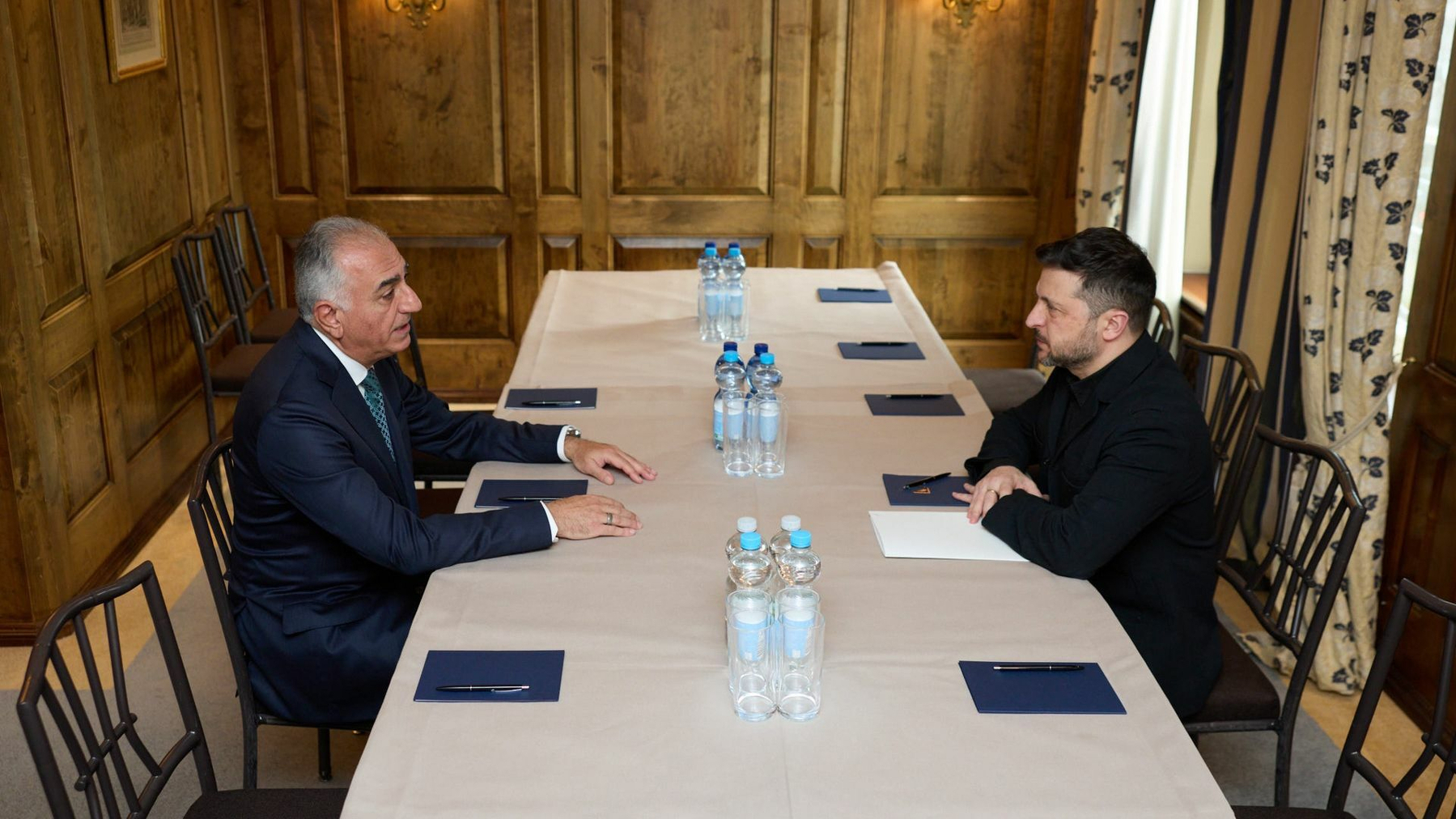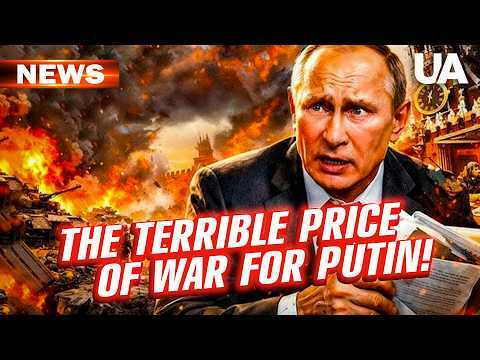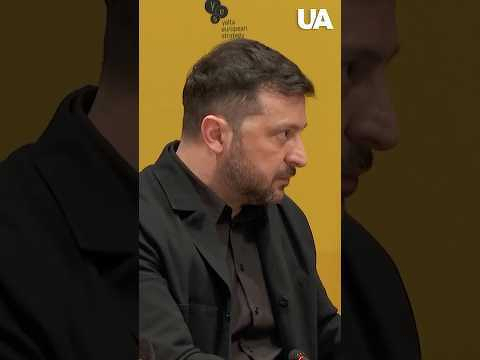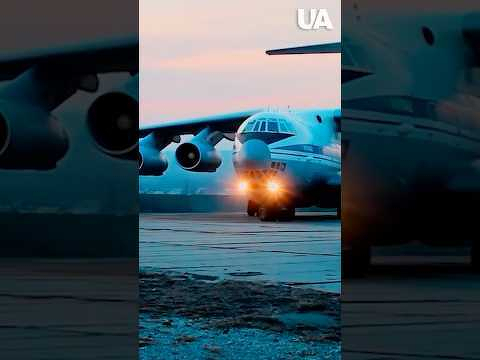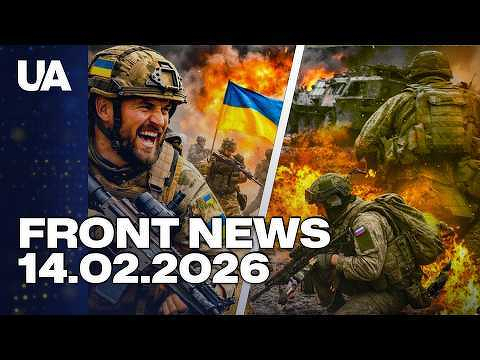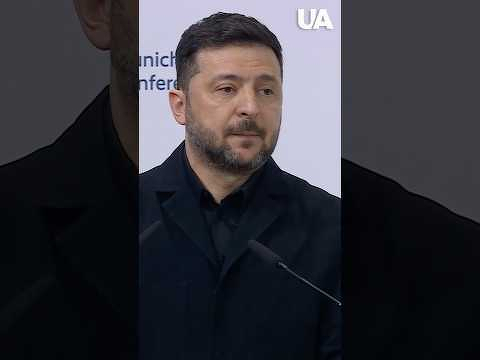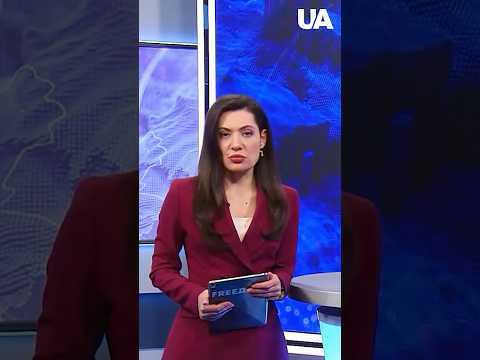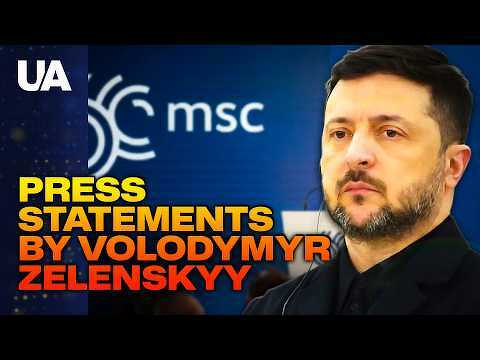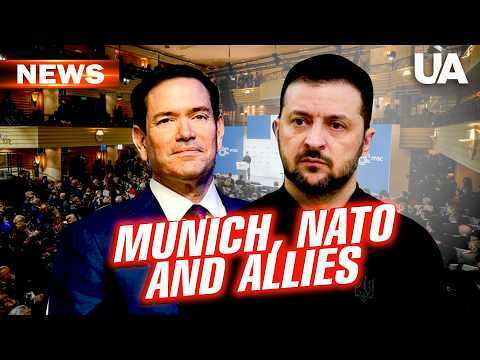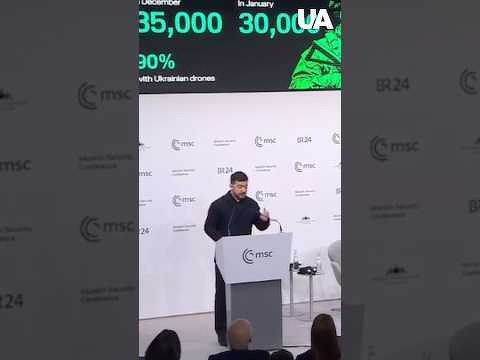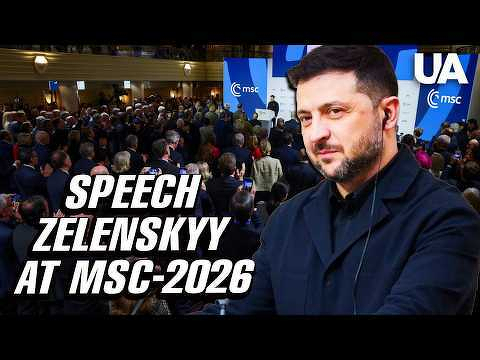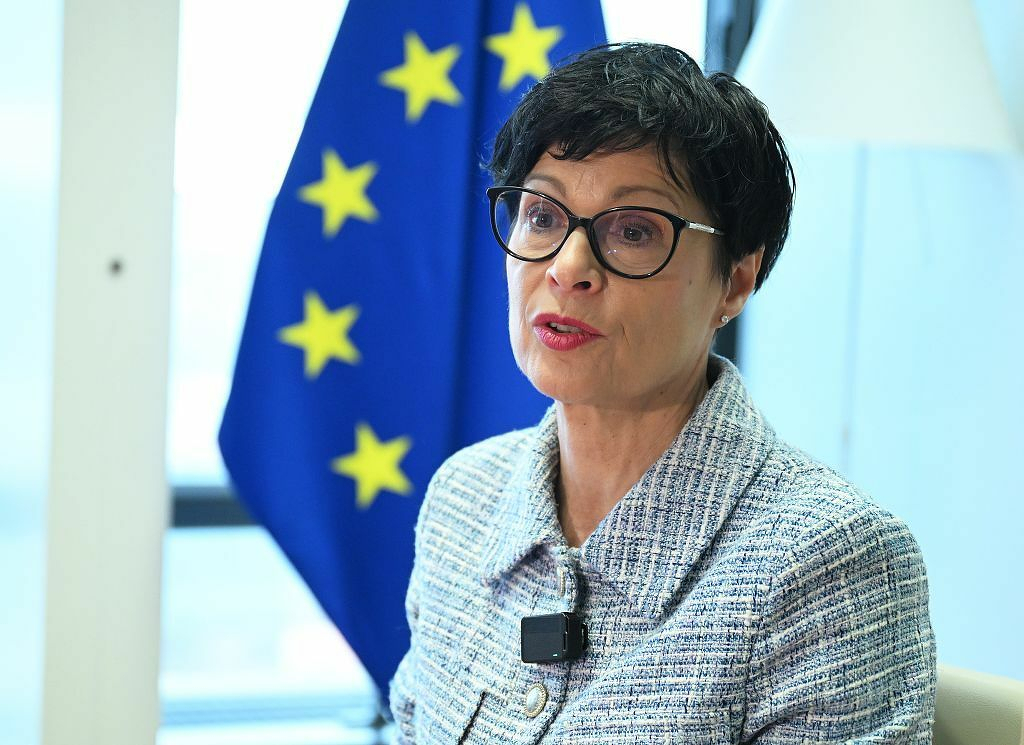
Reading

Spies, Lies, and Algorithms
Amy B. Zegart
Ukraine
Photos
EU accession process 'designed for peace,' needs 'solution' to bring Ukraine into bloc sooner, official says
Photos
The world was shocked by RF's anti-record. Zelenskyy named the conditions for REAL PEACE in Munich
Ukraine
Ukraine integrates international defense legions into assault units
Ukraine’s Ground Forces Command has officially said the International Defense Legions of Ukraine have been integrated into assault units. The announcement, posted on the command’s Facebook page, is the first formal clarification of the fate of the …
Photos
Zelensky meets US Secretary of State Rubio at Munich Security Conference
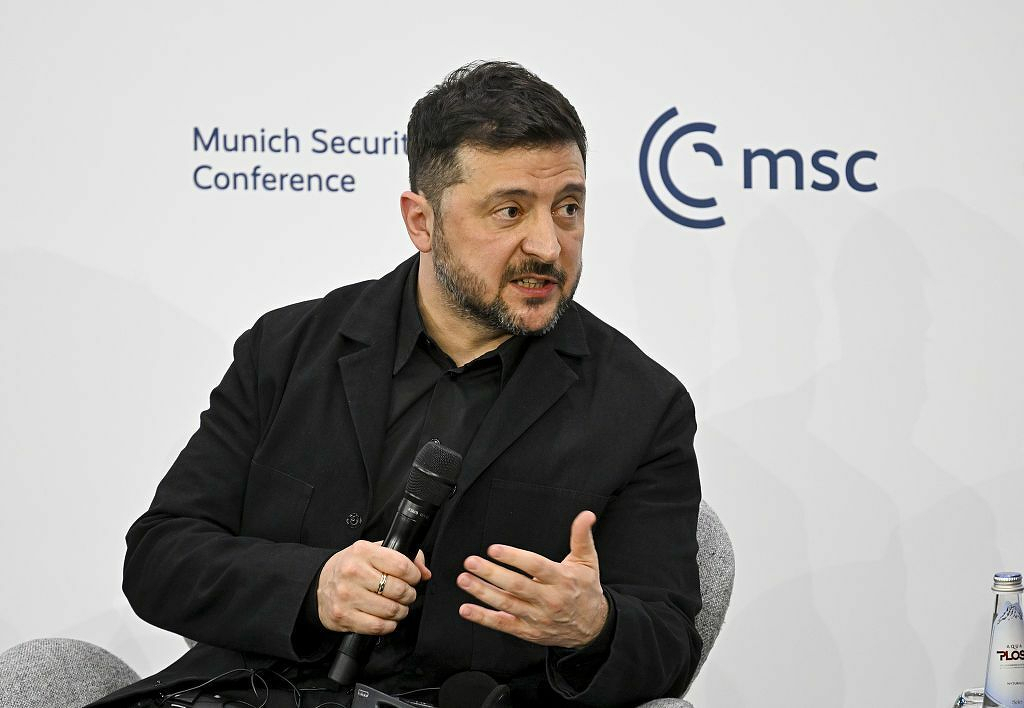
Ukraine
Russia
Photos
Why Russia’s attacks on Ukraine’s energy grid aren’t ‘revenge’ for Kyiv’s deep strike campaign
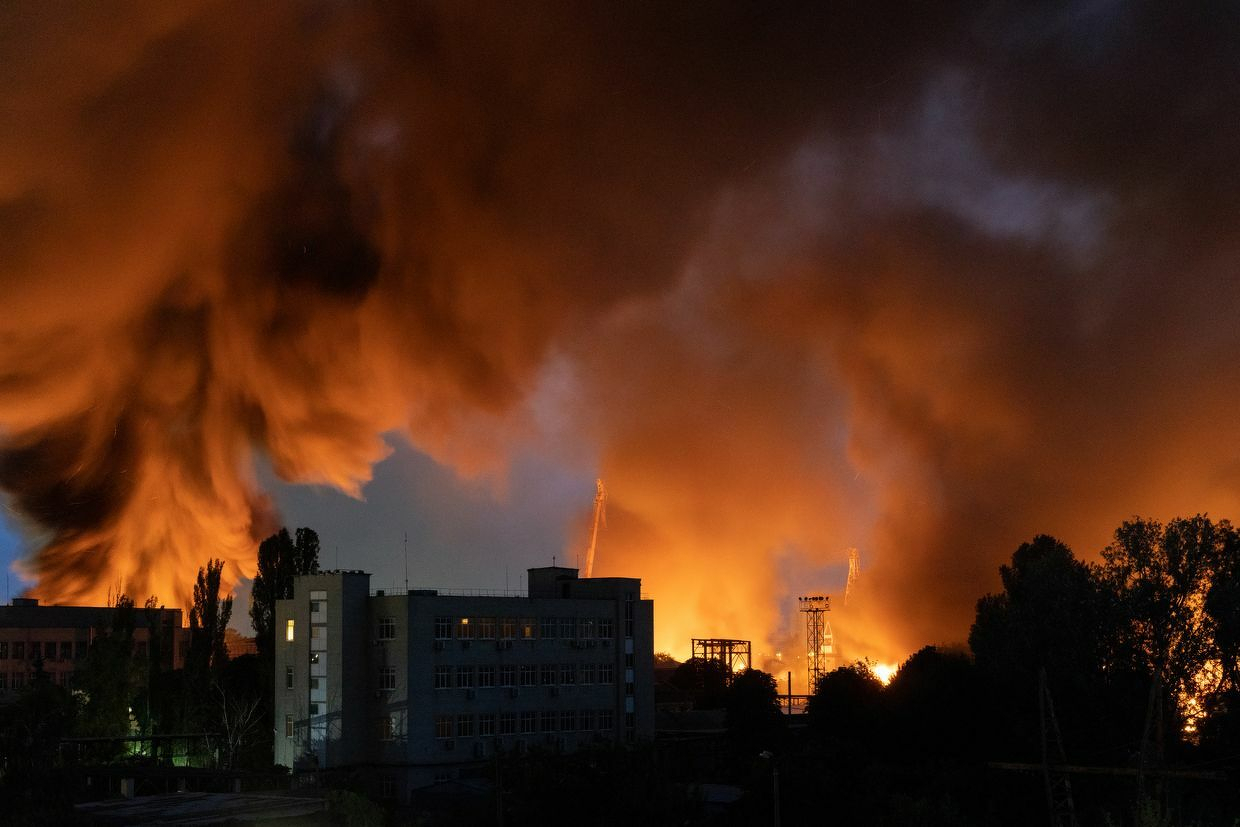
After its largest winter mass attack on Feb. 3, Russia's Defense Ministry said the strikes on Ukrainian energy infrastructure were carried out "in response to terrorist attacks by Kyiv on civilian objects" in Russia. Some state media described the …
Ukraine
Russia
Ukraine says SBU special forces destroyed half of Russia’s Pantsir air-defense systems in 2025
Ukraine’s Security Service (SBU) says fighters from its Alpha Special Operations Center destroyed half of Russia’s Pantsir surface-to-air missile and gun systems in 2025.
The Pantsir is described as one of Russia’s modern, key air-defense systems, …
Ukraine
Russia
Photos
Donbas will remain Ukrainian – period! Zelenskyy’s message to Putin #shorts
Russia
Photos
In Russia, an A-60 aircraft, a rare laser weapon carrier, has been hit! #shorts
Ukraine
Photos
IMF lifts prior conditions for Ukraine loan program, Prime Minister says
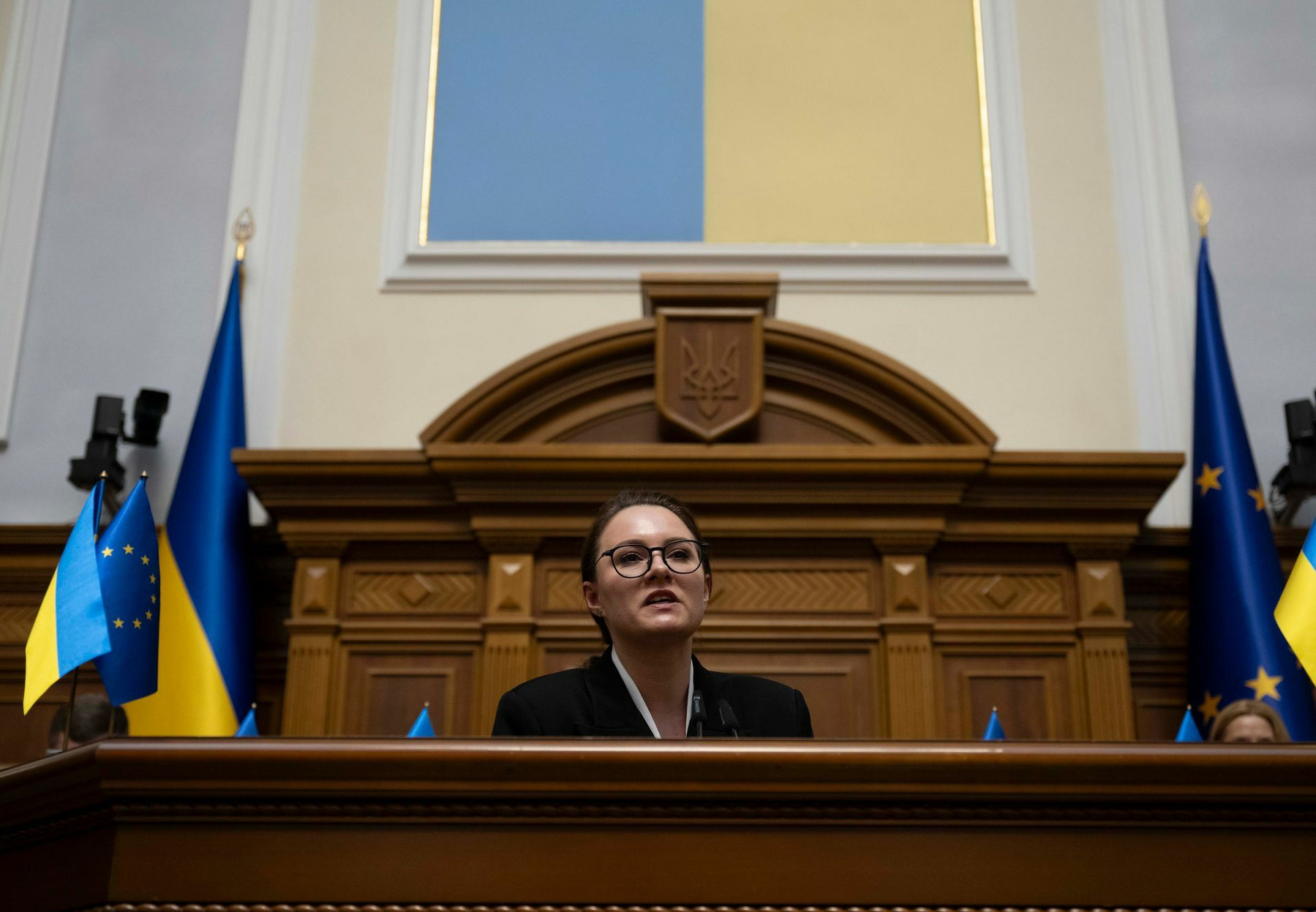
Ukraine
Russia
Photos
Ukraine hits Russia's BK-16 landing craft in Crimea and other targets in Russian-occupied territories, military says
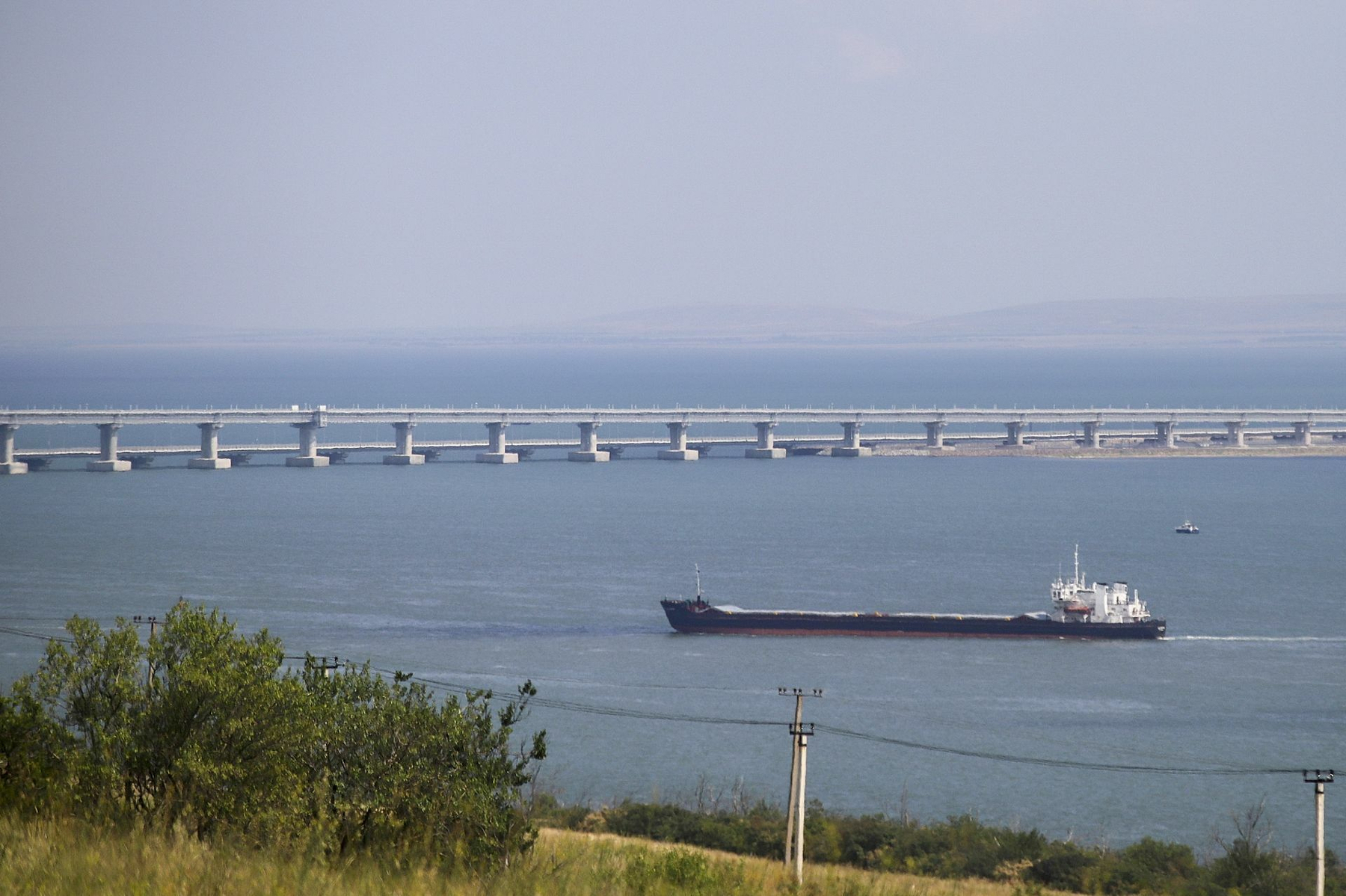
Ukraine
Photos
Ukrainian FLAMINGO reached St. Petersburg as elite RF divisions burn near Kursk!
Ukraine
Photos
Territorial concessions by Ukraine won't bring peace, Zelensky says in Munich
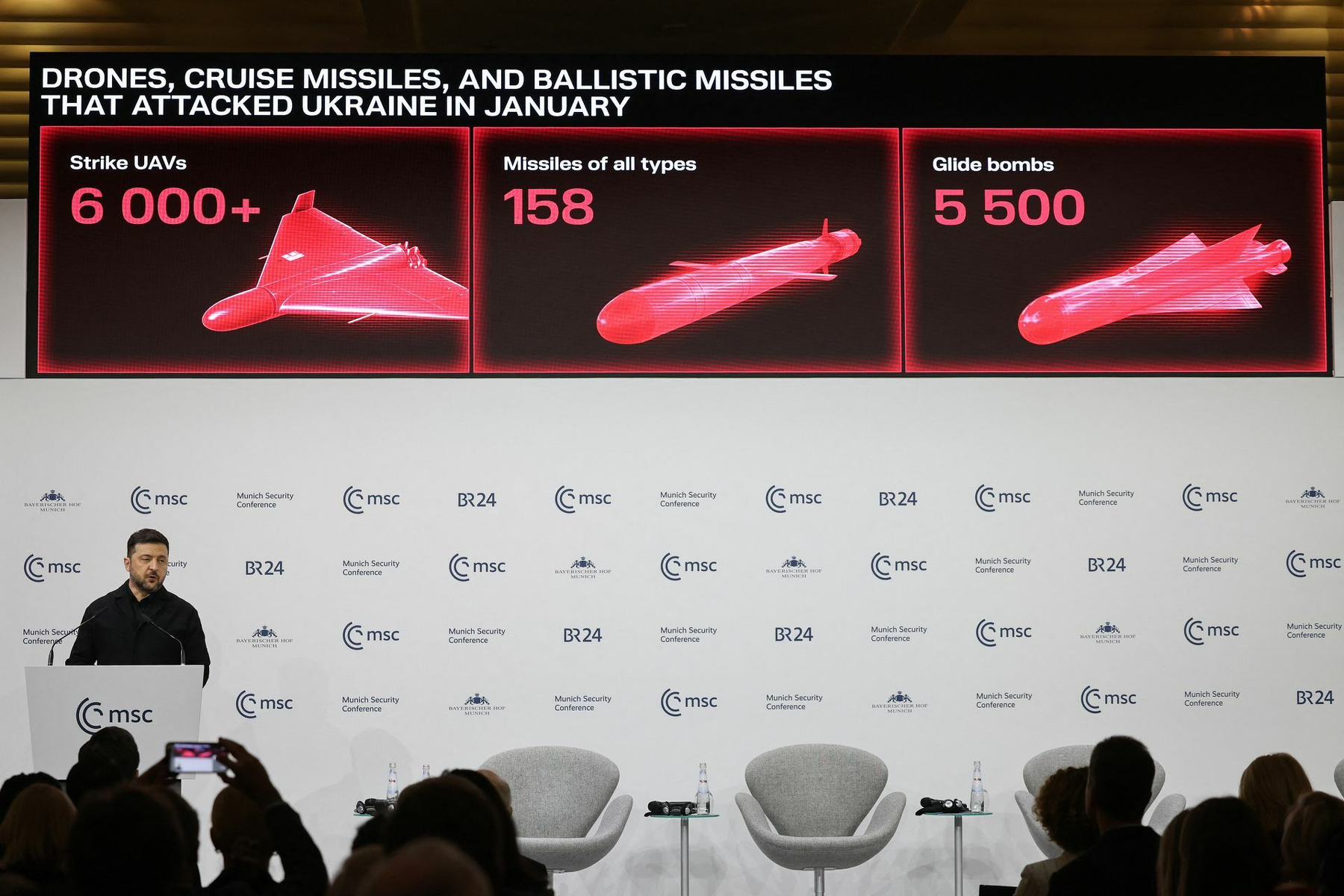
Ukraine
Russia
EU to release €90 billion loan to Ukraine if IMF approves new program, Svyrydenko says
In December 2025, European leaders agreed to provide Ukraine a zero-interest €90 billion loan in 2026–2027 backed by EU guarantees.
The European Union will release the €90 billion loan to Ukraine if the IMF and Kyiv agree on a new $8.1 billion …
Ukraine
Russia
Germany seeks to buy Polish Piorun MANPADS for Ukraine, Tusk says
Germany is seeking to purchase Piorun man-portable air-defense systems (MANPADS) from Poland to transfer them to Ukraine as military aid, Polish Prime Minister Donald Tusk said, according to Defence24.
Tusk said Germany has shown strong interest in …
Russia
Photos
BREAKING: Russia killed opposition leader Navalny with dart frog poison, UK official says
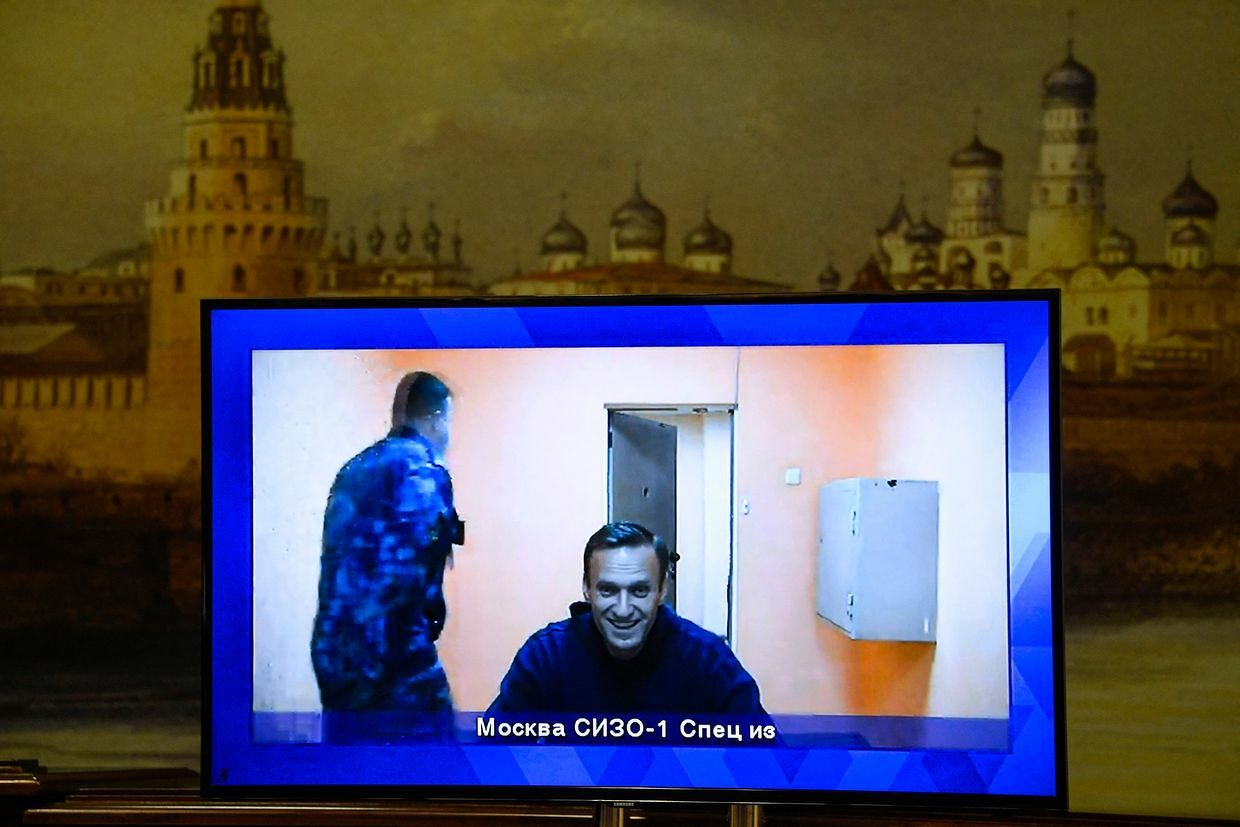
Russia
Photos
What is the price of the month of war for PUTIN? Zelenskyy voiced at MSC-2026 #shorts
Ukraine
Russia
Photos
General Staff: Russia has lost 1,252,020 troops in Ukraine since Feb. 24, 2022
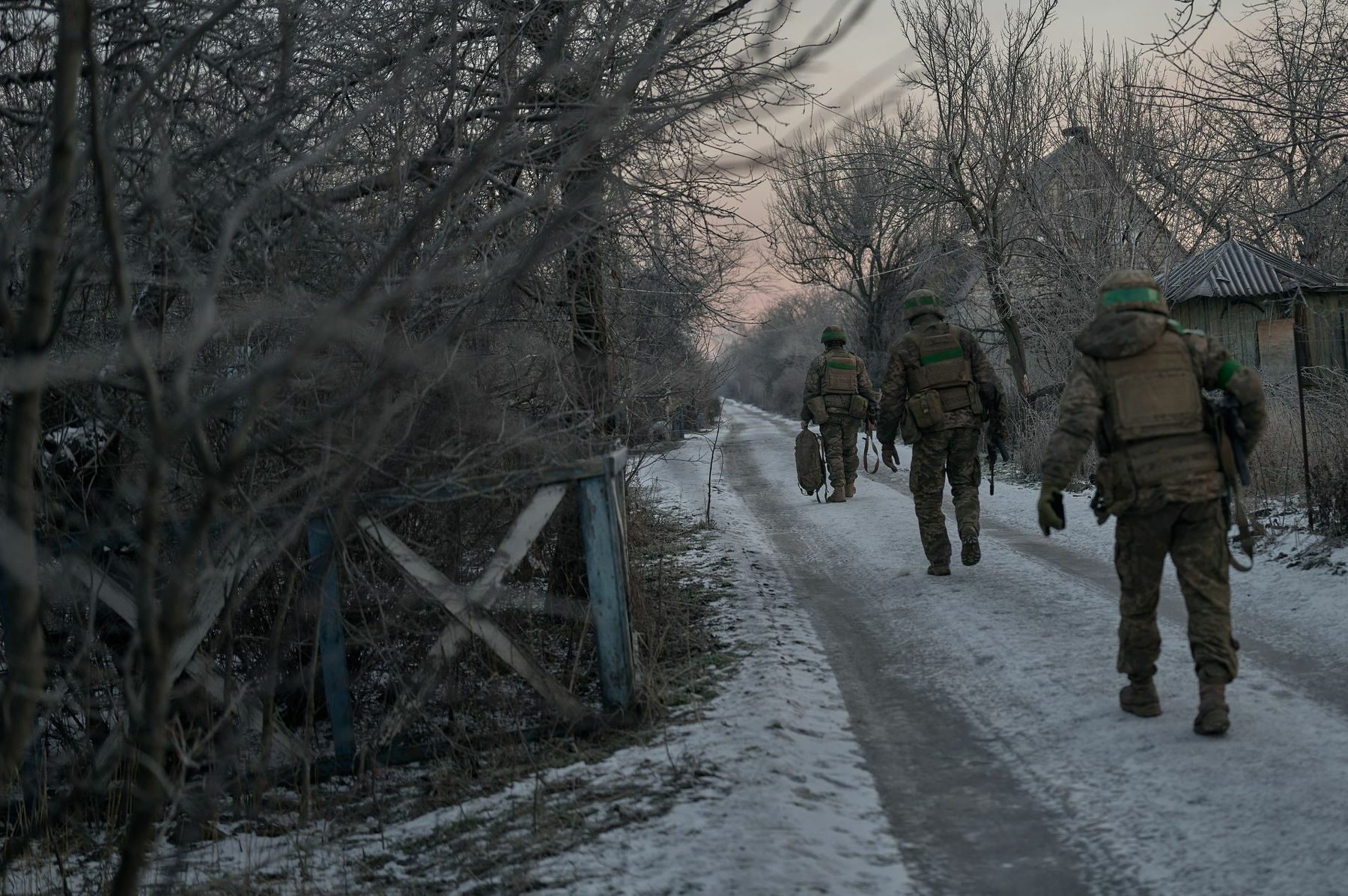
Ukraine
Russia
Photos
Over 177,000 Russian soldiers killed in Ukraine identified by media investigation
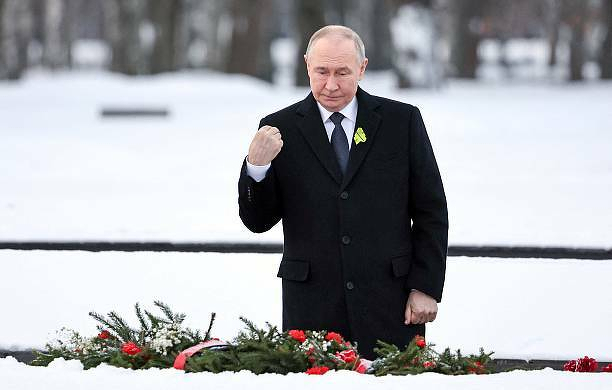
Ukraine
Russia
Photos
'Terrorizing the civilian population' — At least 2 injured in Russian drone attack on Kyiv Oblast
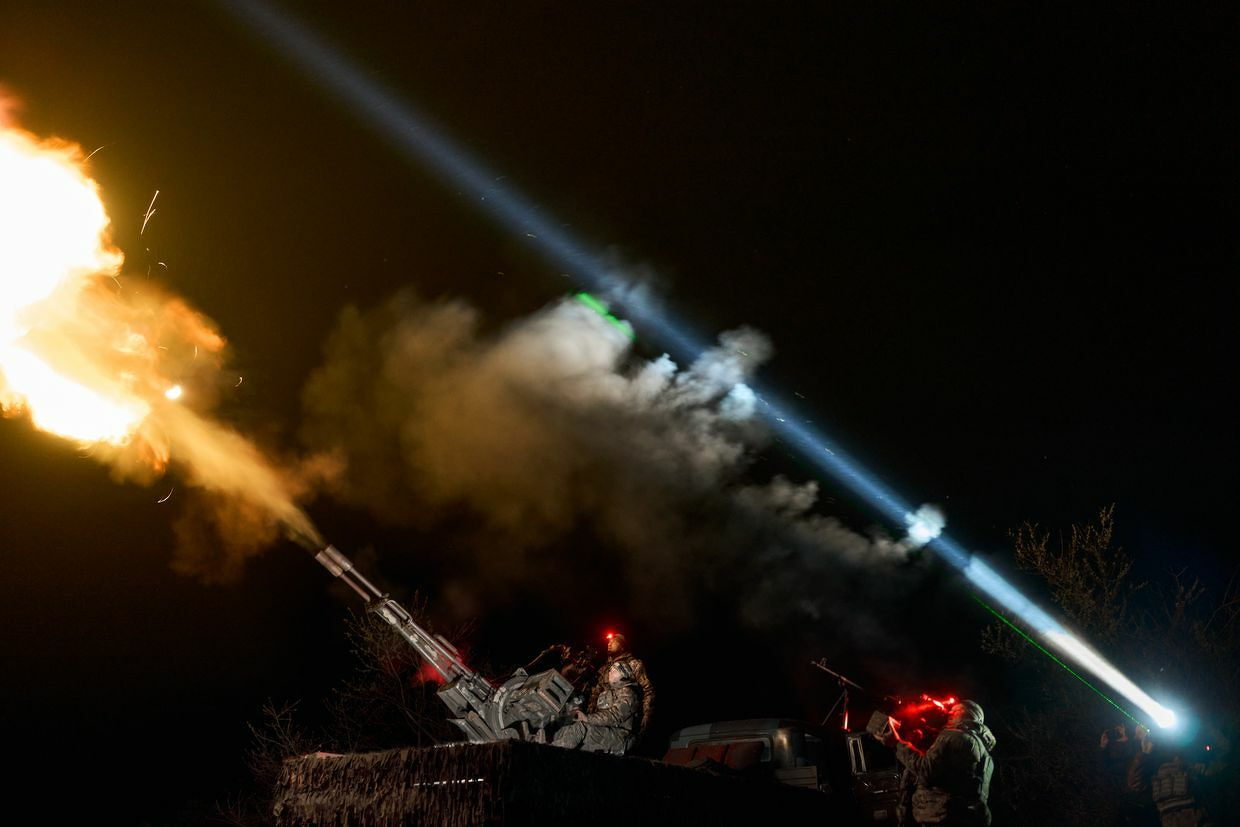
Photos
Zelensky meets with Iranian opposition figure Reza Pahlavi
